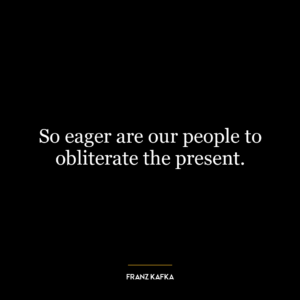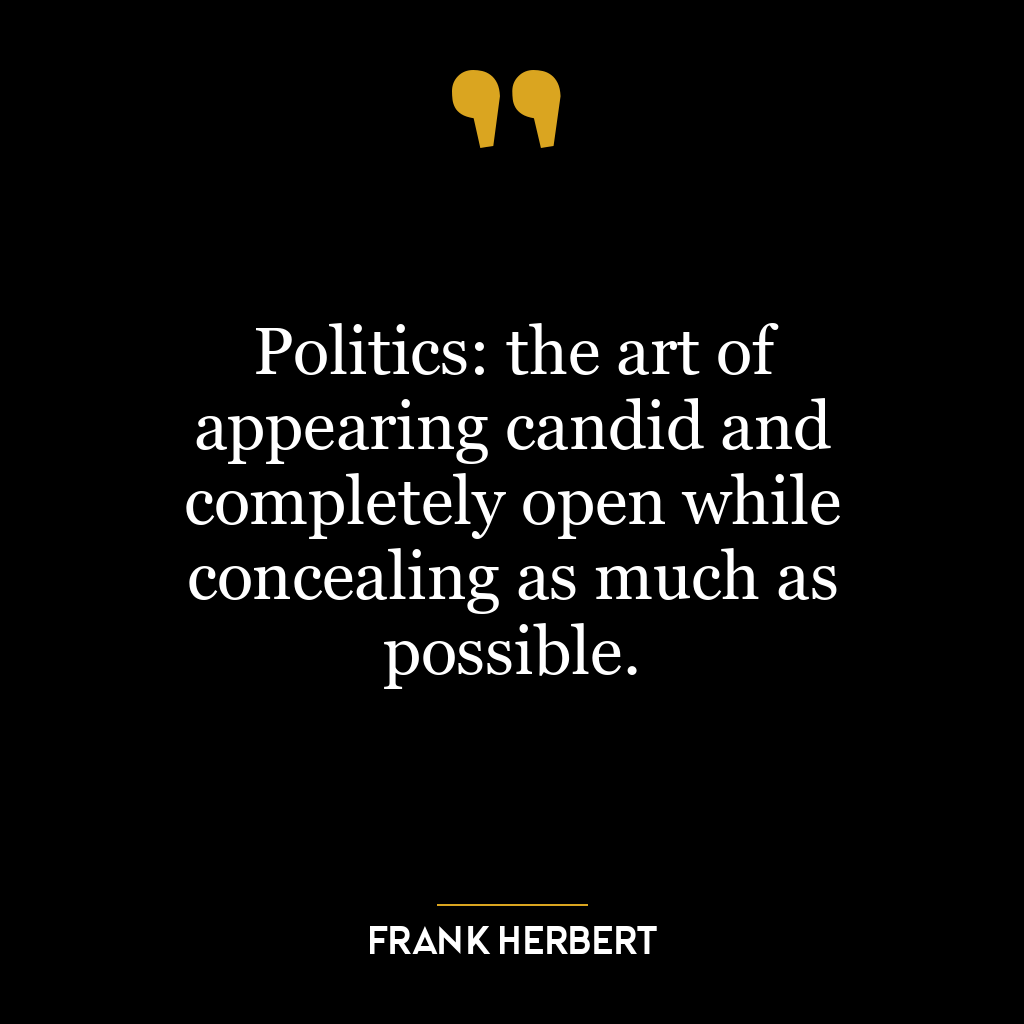This quote delves into the psychological and philosophical concept of evil, suggesting that when we engage with or internalize evil, we are not doing so out of our own motivations, but rather, we are being influenced or manipulated by the inherent motives of evil itself. In essence, Kafka is saying that evil has its own agenda and when we absorb it, we unknowingly further that agenda, not our own.
This quote can be understood from two main perspectives: personal and societal. On a personal level, it can be interpreted as a cautionary statement about the dangers of negative influences and behaviors. When we allow ourselves to be influenced by evil or negative actions, we might think we are in control, but in reality, we could be serving the motives of the evil itself. For example, if a person engages in dishonesty, they might think they are doing it for their own benefit, but in reality, they are just perpetuating the cycle of dishonesty, serving the motives of dishonesty itself.
On a societal level, this quote can be seen as a critique of systems and structures that perpetuate evil. For instance, oppressive systems might claim to be serving the greater good, but in reality, they are serving the motives of oppression itself. The people within these systems might think they are working towards their own motives, but they are actually furthering the agenda of the system.
In today’s world, this idea is highly relevant in the context of social and political issues. For example, in situations of systemic racism or sexism, individuals may think they are acting out of personal beliefs or motivations, but are in fact perpetuating the broader agenda of these oppressive systems.
In terms of personal development, this quote serves as a reminder to be mindful of the influences we allow into our lives. It encourages self-reflection and critical thinking about our actions and their potential consequences. It suggests that we should strive to act out of our own motivations and values, rather than being manipulated by external influences. It also serves as a reminder that when we engage in negative or harmful behaviors, we are not just hurting ourselves or others, but also perpetuating a cycle of negativity that serves the motives of evil itself.















